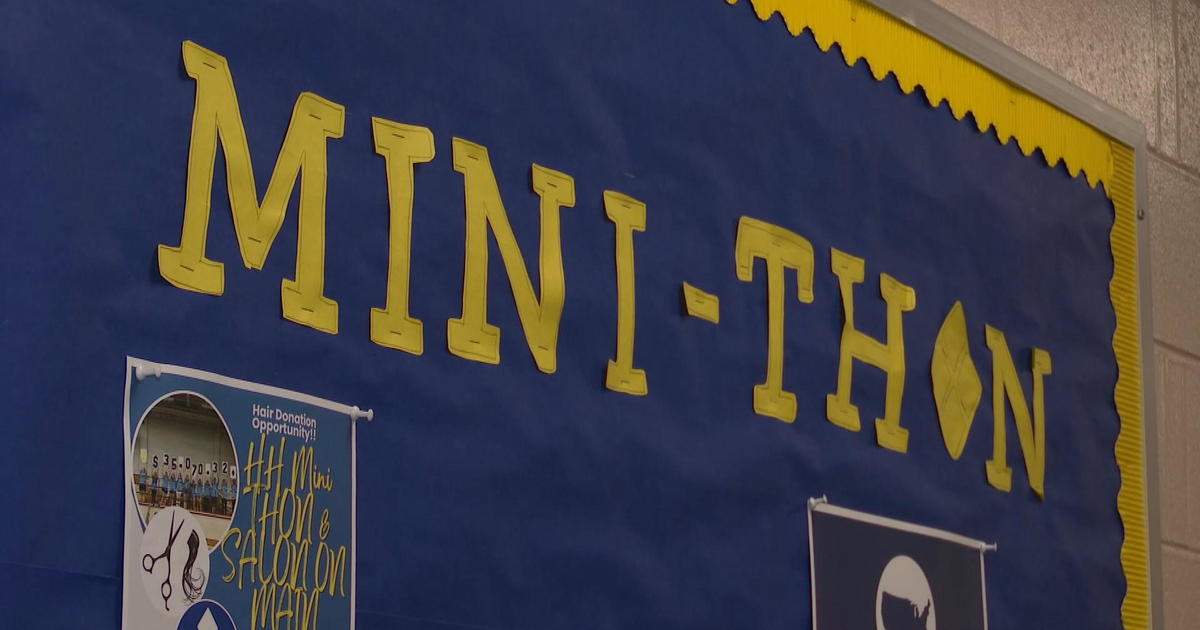Rich Zeoli Talks To Penn Professor About Cultural Trends
PHILADELPHIA (CBS) – Rich Zeoli talked to Dr. Damon Centola, Associate Professor from the Annenberg School at the University of Pennsylvania, on Talk Radio 1210 WPHT about how the birth and development of fads and trends, like baby names, has changed in the internet era.
Centola explained how the idea arose to use physics models to explain the spread of cultural trends in a broader global context.
'We started using models of how gasses diffuse in a room to think about how fish school or how birds flock, the sort of large collective phenomena we see in nature that are hard to describe. In the last couple years, we've started using the same model to describe how new technologies like the iPhone spread very quickly and then how fads start to take off and how large scale changes, really, in culture can emerge very, very quickly, actually spontaneously, just by people being connected in the right kind of way.''
He stated this is typified by how baby names have evolved in the past few decades.
"Baby names can spontaneously change very quickly over a population based on, really, internet connectivity. We were comparing networks that looked more like our traditional residential networks where you interact with the neighbors who live next to you and the houses on the same block and so forth. We saw when people interacted that way we got geographical patterns of names that looked like the way people use the word 'hoagie' versus 'grinder' versus 'sub' or used the name 'soda' versus 'pop' versus 'Coke' to describe drinks. We saw these kinds of geographical trends that we see in the real world and then we decided to connect people more like we see them connected on the internet where anyone can interact with anyone at random and instead of seeing these pockets of different regional conventions, we saw one massive global convention take over, really, within just a very, very small number of interactions."
Centola believes the way popular culture is studied has been radically altered.
"The world of economists, sociologists, political scientists, people who think about these questions of the last 20-30 years have pretty much always assumed that there needs to be some sort of central, cultural object, like a movie or like a song, that coordinates people around a name or around a style or something. What we showed in the experiment is you can take all of those things away and still, this sort of thing happens."



